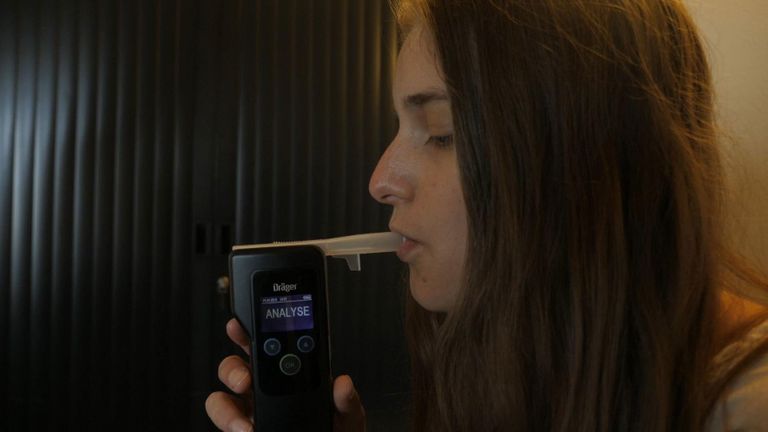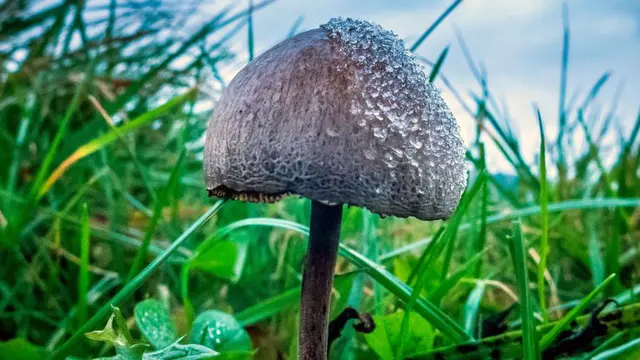A single dose of psilocybin, the compound found in magic mushrooms, can have anti-anxiety and anti-depressant effects which can last for nearly five years after being administered, new research suggests.
Researchers at New York University's Grossman School of Medicine said that the compound, when given to patients alongside psychotherapy, resulted in improvements in emotional and existential distress in cancer patients.
The use of the drug was first detailed in a landmark study published in the Journal of Psychopharmacology in 2016, where the new research has also been published.
It found that psilocybin "produced immediate, substantial, and sustained improvements in anxiety and depression" in cancer patients, who can often be demoralised by the disease.
A follow-up assessment half a year after the dose found up to 80% of participants had clinically significant reductions in their depression or anxiety, as well as improved attitudes toward death.

Image:Dutch researchers are examining the use of LSD
In their most recent work, the scientists conducted follow-up assessments at about three years and four and half years after the dosage.
New York University said: "Participants overwhelmingly (71-100%) attributed positive life changes to the psilocybin-assisted therapy experience and rated it among the most personally meaningful and spiritually significant experiences of their lives.
"Adding to evidence dating back as early as the 1950s, our findings strongly suggest that psilocybin therapy is a promising means of improving the emotional, psychological, and spiritual well-being of patients with life-threatening cancer," said Dr Stephen Ross, lead investigator of the 2016 study.
"This approach has the potential to produce a paradigm shift in the psychological and existential care of patients with cancer, especially those with terminal illness," added Dr Ross.
Scientists in the Netherlands are also testing the impact on brain function of
**small regular doses of LSD **
in what they say is a "renaissance" for psychedelic drugs.
In one of the first studies of its kind, the researchers are testing whether "microdosing" with the illegal drug - using it at levels too low to induce hallucination - enhances mental performance and mood.
According to the New York University researchers, psilocybin could provide medical practitioners with a useful tool to amplify the effectiveness of psychotherapy and relieve the psychological weight of cancer.
"Although the precise mechanisms are not fully understood, experts believe that the drug can make the brain more flexible and receptive to new ideas and thought patterns," stated New York University.
Previous research has indicated that the psychedelic compound targets a specific network of the brain known as the default mode network.
This network is believed to be activated when "we engage in self-reflection and mind wandering" and which, according to New York University, "helps to create our sense of self and sense of coherent narrative identity".
The researchers suggest: "In patients with anxiety and depression, this network becomes hyperactive and is associated with rumination, worry, and rigid thinking.
"Psilocybin appears to acutely shift activity in this network and helps people to take a more broadened perspective on their behaviours and lives."
 简体中文
简体中文

